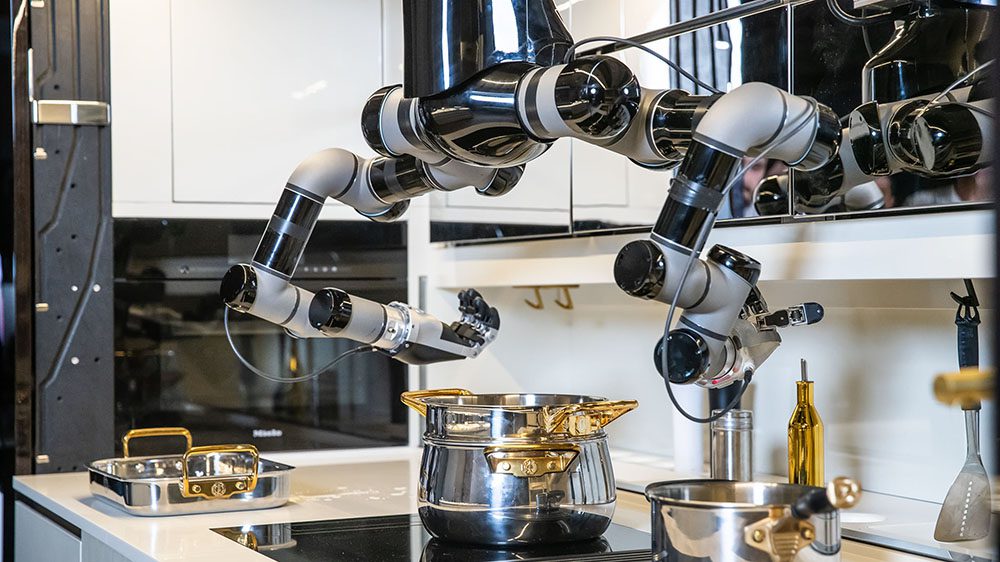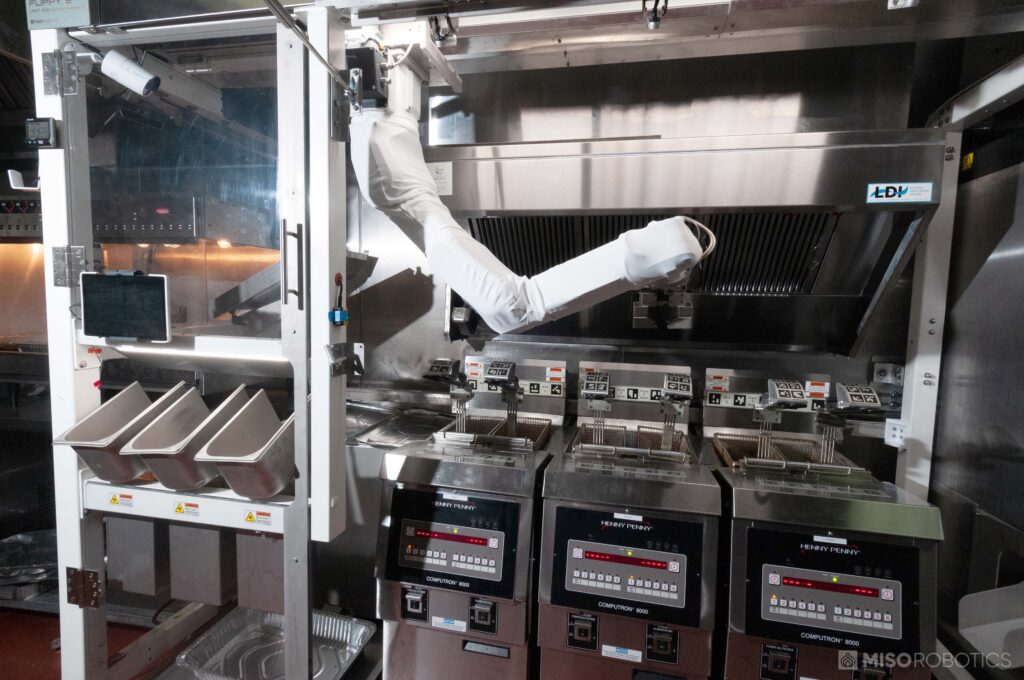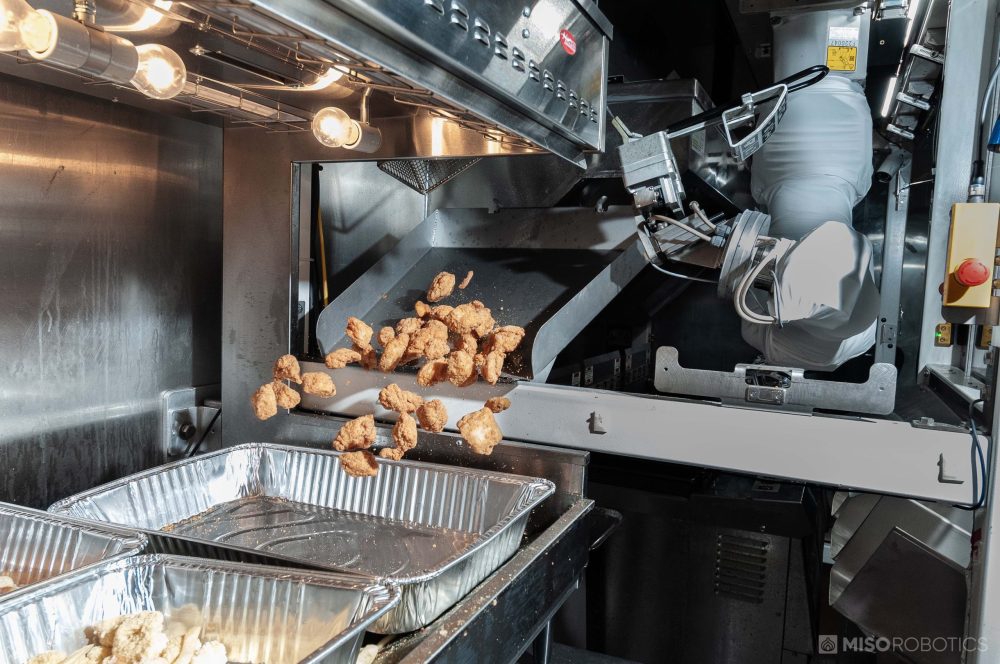If you think your only job in the kitchen will be to watch TV while the food cooks itself, well, maybe you're a long way from reality. But not from the future. More and more robotics manufacturers have been trying for years to produce robot chefs or even entire automated kitchens.
I doubt they will take our place in the kitchen any time soon, but things will also evolve in food preparation.

Robot chef, the long march
The idea of a robot chef is not new. in 2015, Moley Robotics presented one capable of handling standard kitchen utensils and using a kitchen designed specifically for preparing food.
in 2020, some restaurants, such as the American chain White Castle, have started experimenting with robot chefs called “Flippy” to automate the process of cooking sandwiches in different locations. Ditto for some startups specialized in salads: the waiters, you know, they are already there.

Today, researchers at the University of Cambridge unveiled a robotic chef who can learn to replicate a specific recipe by analyzing cooking videos. Imagine a robot who, after watching eight different salad recipes on video, is able to correctly identify the prepared recipes 93% of the time and to determine 83% of the actions needed to prepare them.
Look and learn
The system was trained with a total of 16 video demonstrations with slight variations in recipes, and several publicly available neural networks were used to convert them into a set of tasks the robot can perform.
It seems intriguing (I already know that many will comment "horror!", and then press the Nespresso button with satisfaction). Yet, for me it will take a long time. Just take a look at the Moley robot and its competitors, (advertised as mechanical master chefs): they lack the sense of touch, taste and smell, necessary to prepare high-quality meals.
Until then, if they ever get there, robot chefs are a candidate to improve human "performance". For the moment, it seems that our cuisine will remain a primarily human domain, but with an ever-increasing pinch of artificial intelligence and robotics.
If you are interested in learning more about how the Cambridge robot chef works, I link you here the research paper.


